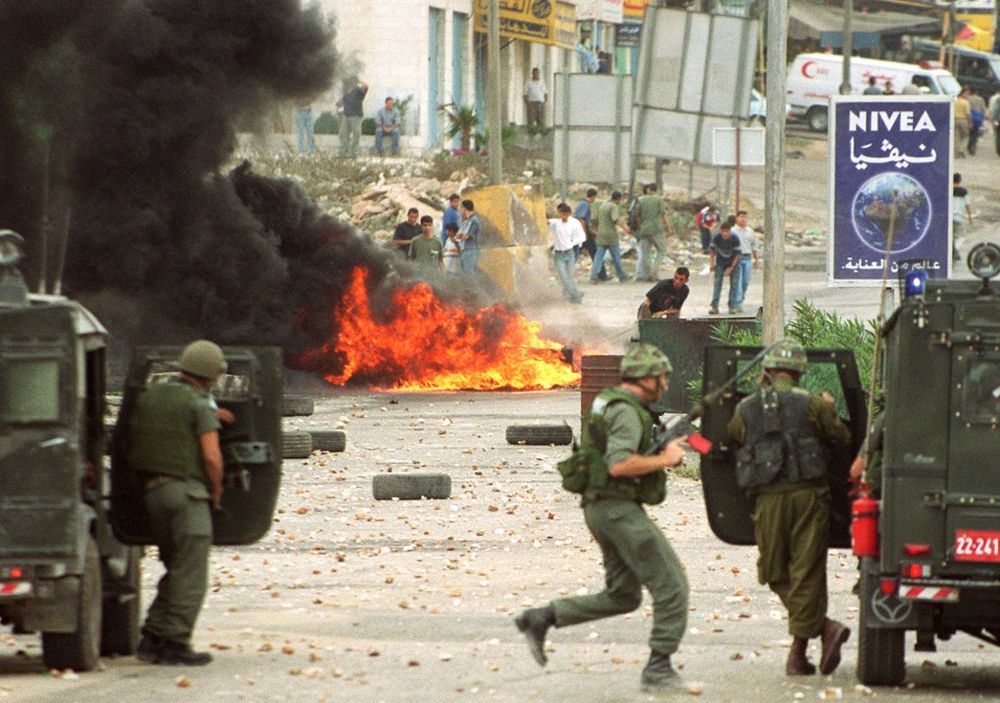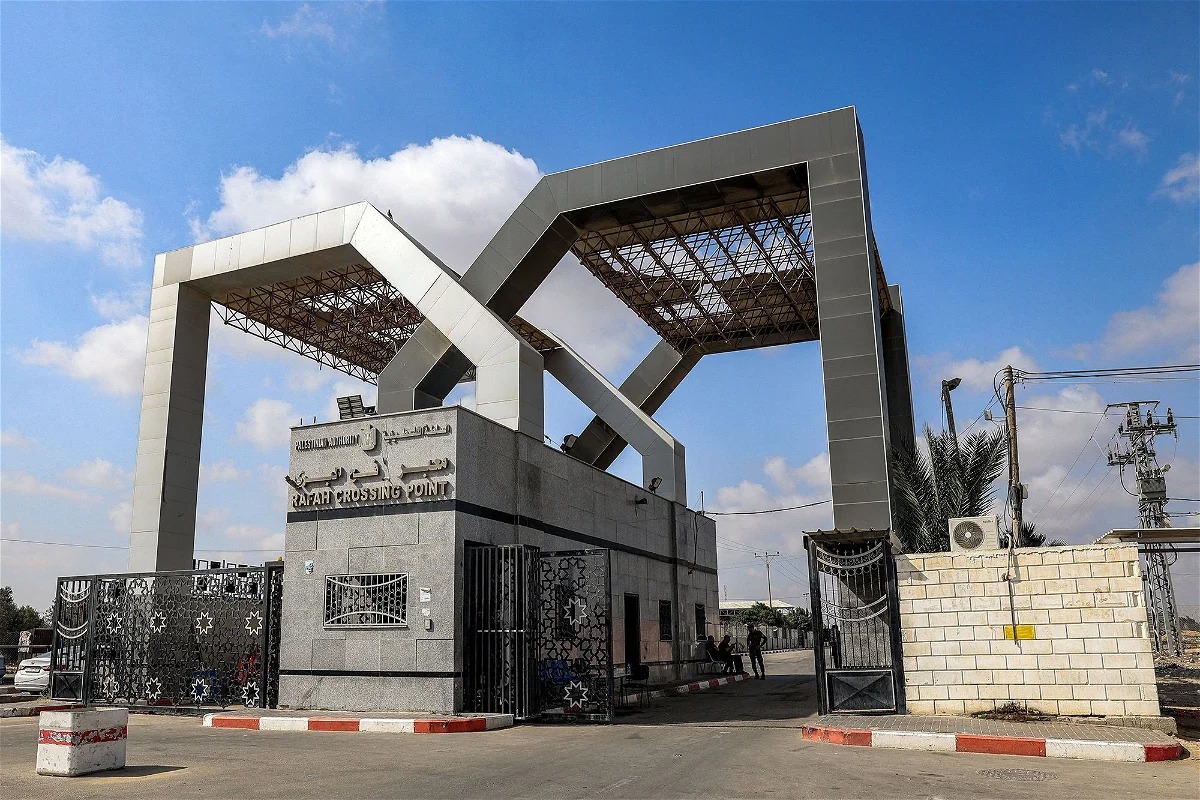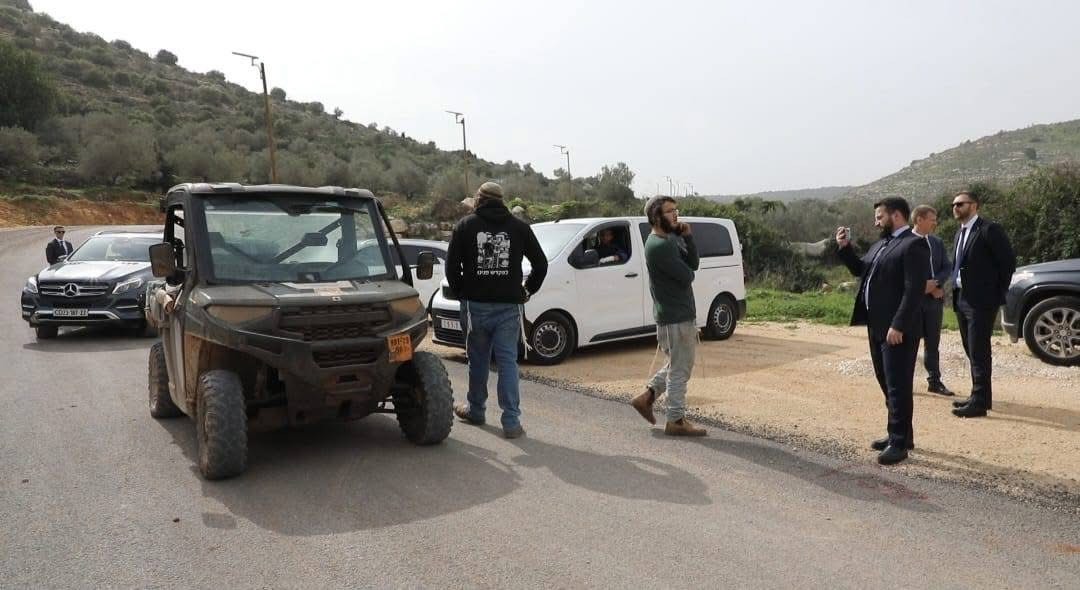RAMALLAH, September 28, 2025 (WAFA) – Twenty-five years ago today, on September 28, 2000, Israel’s then-opposition leader Ariel Sharon, flanked by hundreds of heavily armed soldiers and police officers, stormed Al-Aqsa Mosque compound in occupied Jerusalem.
His visit, seen as a direct provocation, ignited what became known as the Second Intifada, or the Al-Aqsa Intifada, a popular uprising that lasted five years and claimed the lives of more than 3,000 Palestinians.
The spark came amid mounting frustration following the collapse of the Camp David talks earlier that year, when late Palestinian leader Yasser Arafat and Israeli Prime Minister Ehud Barak failed to reach an agreement over the status of Jerusalem and the right of return for Palestinian refugees. Hopes for an imminent declaration of Palestinian statehood were once again dashed.
Sharon’s incursion came just days after Palestinians had marked the anniversary of the Sabra and Shatila Massacre, for which he was found indirectly responsible for failing to prevent the killings. His heavily guarded presence inside Al-Aqsa compounded Palestinian anger at decades of occupation and stalled peace efforts.
The following day, on Friday after weekly prayers, protests erupted in Jerusalem’s Old City. Israeli forces responded with live fire, killing seven Palestinians and injuring some 300 others. Demonstrations quickly spread across the West Bank and Gaza Strip, met with an escalating Israeli military crackdown.
Amnesty International later reported that the vast majority of Palestinians killed during the first month of the uprising were unarmed civilians, with 80 percent posing no threat to Israeli forces when shot.
On September 30, the world witnessed the killing of 12-year-old Muhammad al-Durrah, who was gunned down as he crouched for cover with his father behind a concrete pillar in Gaza. The harrowing footage, broadcast globally, showed his father desperately signaling for the soldiers to stop firing before his son was fatally struck. The image of al-Durrah became an enduring symbol of Palestinian suffering under occupation.
The ensuing years saw intensified Israeli military raids, with hundreds of Palestinians killed and thousands wounded in repeated incursions and sieges. In 2001, Sharon rose to power as Israel’s Prime Minister, refusing to meet with President Arafat and further cementing the breakdown of diplomacy.
A year later, Arab leaders endorsed the Saudi-led Arab Peace Initiative, offering normalized ties with Israel in exchange for withdrawal from occupied Palestinian territories and the establishment of a Palestinian state. Israel, however, has largely disregarded the initiative to this day.
M.N











